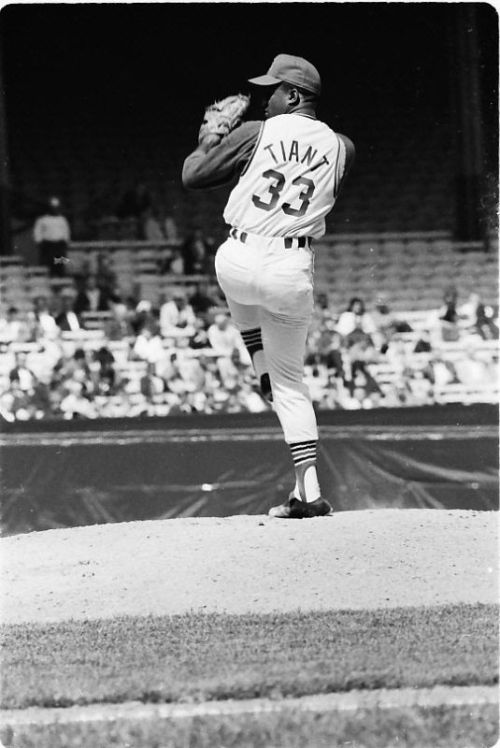But I said in the initial post that baseball is all about memory, & a good friend said she’d like to hear more about that. This friend is a brilliant poet, & I believe she holds Eliot in high regard, so the connection was clear to me: baseball season beginning (traditionally at least)
 in April, & that season indeed “mixing memory & desire” as we consider past seasons & look forward to the successes & failures & the narratives surrounding them all in the season ahead.
in April, & that season indeed “mixing memory & desire” as we consider past seasons & look forward to the successes & failures & the narratives surrounding them all in the season ahead.& of course these narratives are perennial: we expect certain patterns of disappointment & success based on both the overall lore of the game—the patterns of surprise & regularity in terms of performance that have been repeated season in & season out for nearly 150 years. In a country as young as the United States, baseball is primordial, springing up in a form more or less recognizable as the game we know today during the Civil War era—another even more profound primeval event—& in fact spawning the first professional team in 1869, just a few years after the end of the fighting in that war, & still very much in the midst of the decades of turmoil the war would precipitate.
Thus, an 1876 box score is recognizable to us; in fact, while there would be many unfamiliar aspects to the games, we would recognize a pennant race from the earliest leagues in the 1870s—the long season (tho it wasn’t until the 1880s that the season extended to 100 games, & not until 1890 that it expanded to 150; the current 162 game season started in the early 60s); the changing vicissitudes of the teams; the players who remained consistent & the players who played well “in streaks’; the players who exceeded expectations, & those who failed to live up to advance billing.
In that sense, the system is a liturgical event—a year in which we know all the festivals & all
 the hierarchies of saints & angels (not to mention the infernal characters from the hated rival teams); a medieval mystery play cycle that doesn’t take place simply during the few days of the Corpus Christi festival, but extends from spring thru fall—& a cycle in which we always recognize Noah’s shrewish wife or the clownish Nativity shepherds or boastful Herod, even if the names of the actors change.
the hierarchies of saints & angels (not to mention the infernal characters from the hated rival teams); a medieval mystery play cycle that doesn’t take place simply during the few days of the Corpus Christi festival, but extends from spring thru fall—& a cycle in which we always recognize Noah’s shrewish wife or the clownish Nativity shepherds or boastful Herod, even if the names of the actors change.When a right fielder throws a “bullet” to third base to cut down an advancing runner, we return to memory—depending on our age & frame of reference, we not only see that fielder, but we may also see the great Roberto Clemente performing the same feat; if the batter strides into his swing with a big leg kick, we may think of the Mets Darryl Strawberry, of prodigious power & troubled fortunes; if a pitcher turns his back to home plate during his wind-up, how can those of us who followed baseball in the 60s & 70s not think of Luis Tiant?
But this is just the surface—in watching baseball or listening to it on the radio, there’s always a well of memory that comes accessible to me. Why is this? Because it’s been a constant thru the better part of my 55 years; because in the emotions of spectating (or even when I used to play in my own small way), I had access to related emotions that resonated with those the game evoked—for better or worse.
You see the impossibility of dealing with this in a single blog post! Hence the #1 in the title. See you next time.
Pics from top (all link to their source): The 1875 Hartford Dark Blues, charter members of the National League
Opening lines of "The Wasteland" (you knew that)
The great El Tiante, I believe during his days pitching for the Cleveland Indians

No comments:
Post a Comment
Comments are moderated, so please play nice!